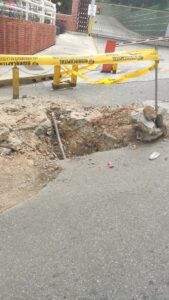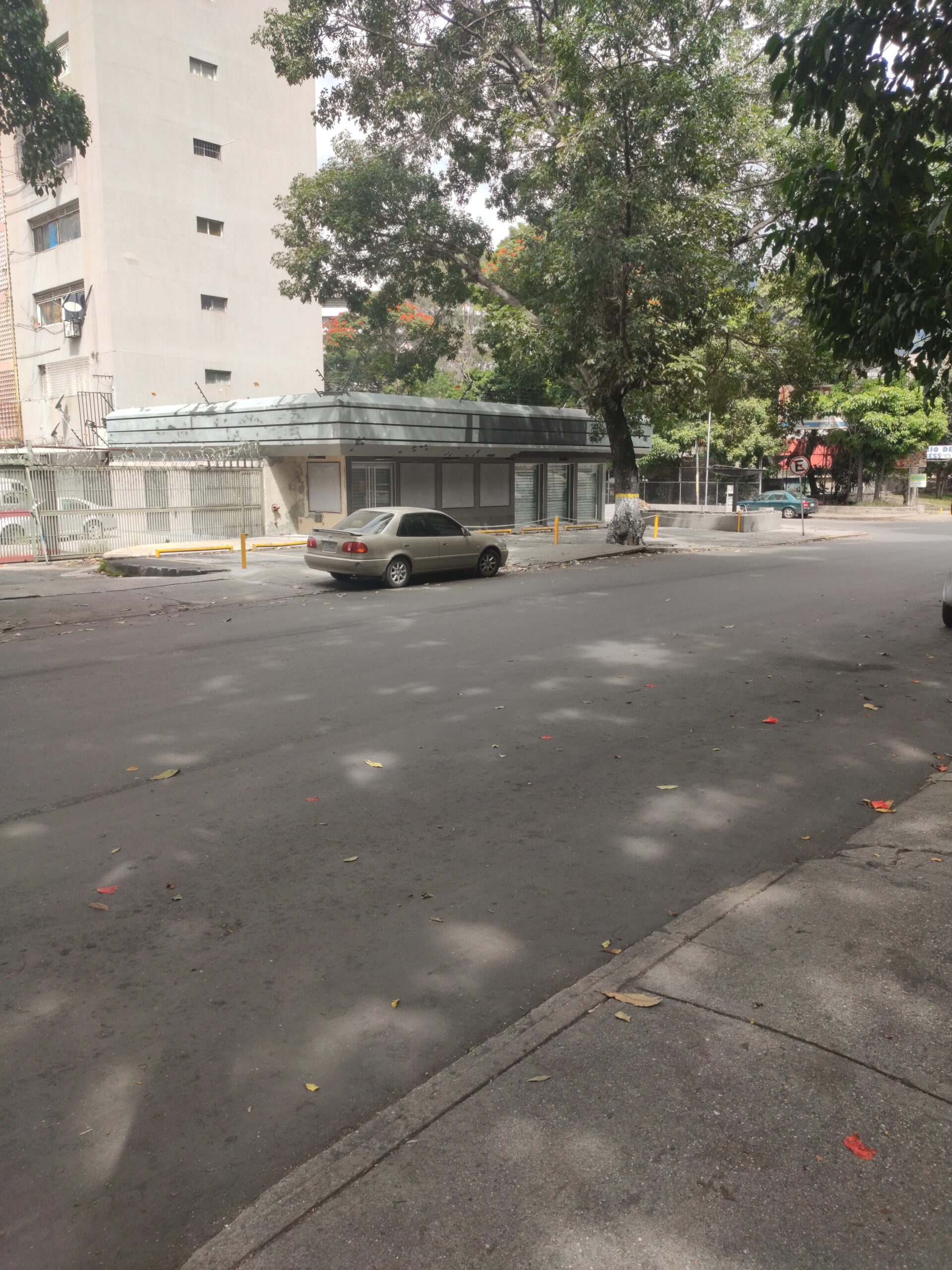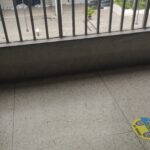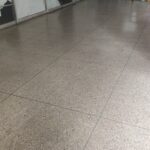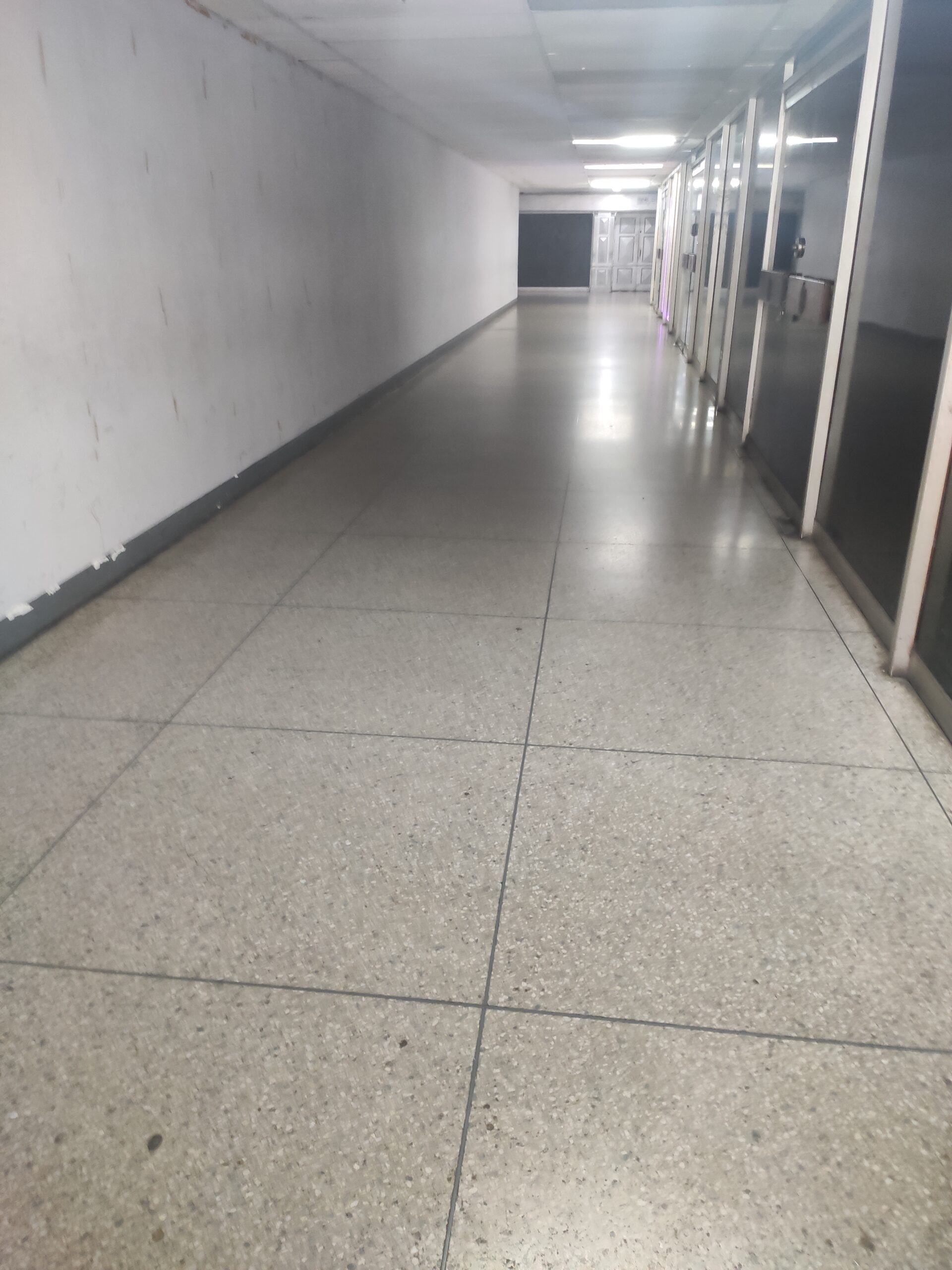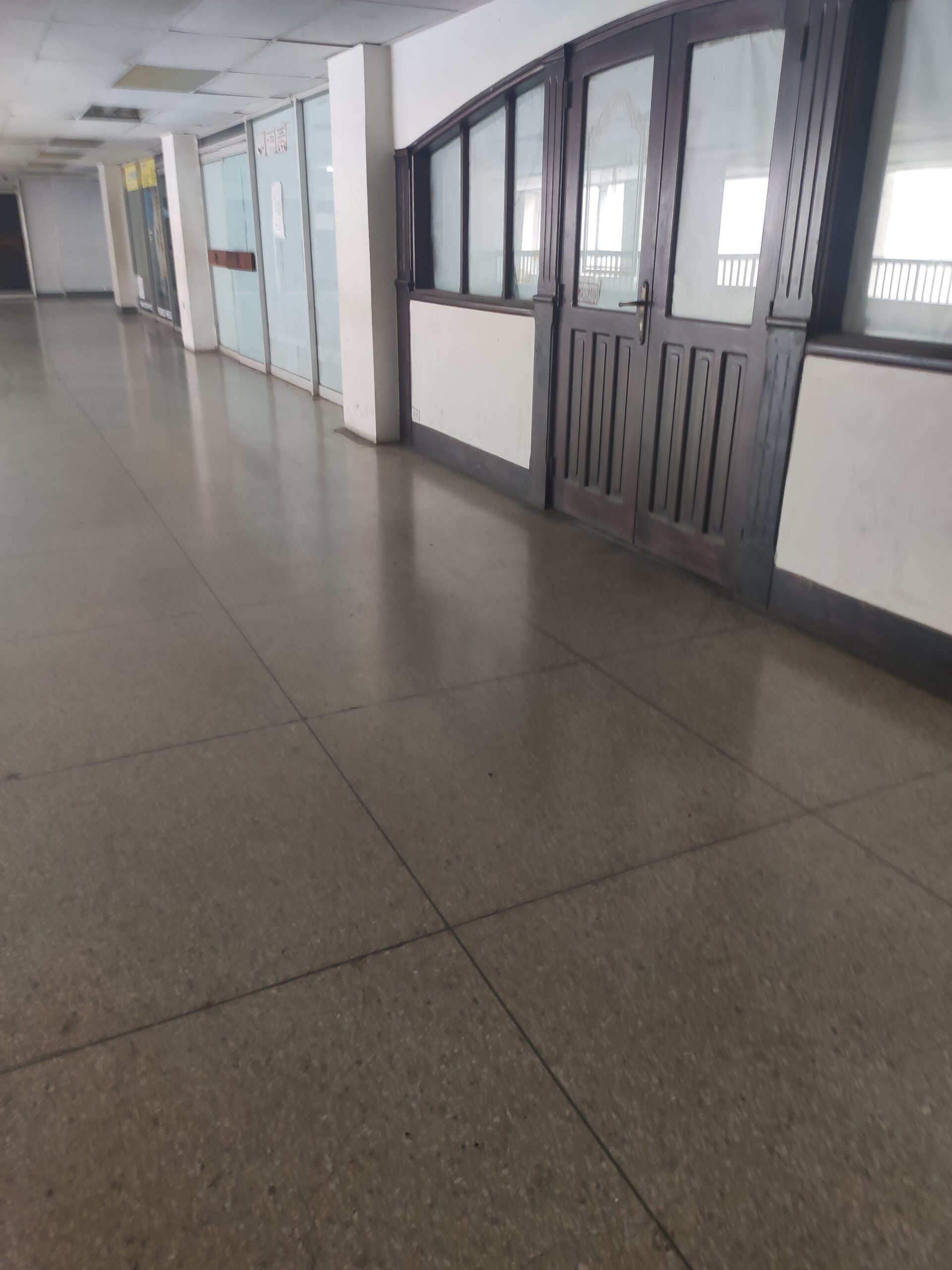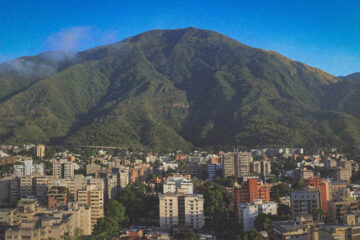The question of “Is Venezuela fixed/better” has been a polarizing matter in recent times, regardless of whether you embrace it with irony, sarcasm, or neither. What answers you may receive range from yes, no, to sorta/not quite, and it entirely depends on who you ask and on what they’re willing to accept as normal.
If a pseudo and not as hyperinflated dollarized economy, stores full of imported goods that may or may not be laundering fronts, and abundant supplies courtesy of a de-regularization of the fierce controls that fueled our collapse in the first place is what matters to you then yes, the country is indeed better — so long as you don’t mind the authoritarian regime that still holds all of the institutions with a fierce iron grip and can and will screw you up one way or another.
Now, if you look beneath the shroud of normality that the US-greenbacks are fueling, you’ll see that little has changed for the majority. Public utilities are a mess, education is in shambles, access to health is just as bad as it’s always been. The Venezuelan migrant crisis has not ended, and while there’s more stuff on the shelves these days, the sheer majority cannot afford to eat properly.
Long gone are the days when you had to scan your fingerprint to be granted permission to buy a pack of flour and toilet paper, the only limits are how much dollars do you have access to (which itself isn’t a new thing, as this was always a truth hidden in plain sight).
So yes, if you ask me, the country is “sorta” better these days for some, yet worse for others. It fundamentally remains just as broken and corrupt as it’s always been. In other words, it’s still ultimately a no-win scenario, you may be fortunate to have access to resources or tools that allow you to bend around the nuances and shortcomings, but sooner or later you will lose the game, it’s just a matter of when, and how.
Which leads me to the point of this entry. That duality that you see in Venezuela, more pronounced than ever before, is one that I don’t have to walk too far from my home to be reminded of its existence.
What you find around this area represents a microcosm of the Venezuela of today, where the remnants of the collapse live side by side with the latest iterations of our eternal adaptability, in the form of new commercial establishments such as the ones that I described above.
In contrast to this, I only need to walk two blocks away from it, and I’ll find a brand new and totally not a laundering front multi-floor store selling Boomer Juice™ (Monster Zero Ultra) for just about the same retail price as in the United States. You see, the regime hates America, but can’t live without it.
One bakery right at one edge of my street managed to adapt and, with a fresh facade, offers it’s bread-ly goods like any other normal bakery would. Another one, located near the tail end of that street, was the insignia bakery of the area, where I made many of my certified bread lines in the past decade. While it remains open, it’s barely hanging by, and its shelves continue to remain mostly empty these days.
Crime remains a problem around here, except in one specific part of a street, which is safeguarded 24/7 by a National Guard checkpoint. Why? The answer is simple, someone close to the head honcho himself happens to live right in front of that checkpoint.
This area has some severe internet and telephone issues, the utter state of disarray of the government’s ISP and telecom company in its maximum expression. It is not uncommon to see a few exposed phone cables here and there, all you can hope is that those aren’t yours.
Some are lucky to have working ADSL with no issues, others, like me, have had to pay behind the table to get reconnected, and only got a month or two without issues before the problems came back. The less fortunate ones have had no working internet for years now.
A few do have access to a private ISP, and now I count myself among the fortunate that can escape the nightmare that is the government’s ISP. I’m still not used to the fact that after so many years I have actual bandwidth to do stuff and for my brother’s entertainment.
Walk a bit further, past a high school that was shut down after its crime and drug problems got absurdly out of control; you’ll find a street with a mini-market full of imported goods in almost every block. The newest of these establishments occupies the same corner where a family-owned burger joint used to be — one of the many businesses that did not survive the collapse of the country.
Walk in another direction, and you’ll find the remnants of a rather famous fast food chain restaurant. As an anecdote, that was the place I went to sit down and eat an ice cream after my local bank nearly got me arrested for having an amount equivalent to $75 under grounds of money laundering, I am dead serious about this incident.
Cross the street, and you’ll find modern ruins.
Two decades ago, this mall was the epicenter of the area’s commercial activities. Back then, one of Venezuela’s main four tv channels used to operate there, and because of it, everything coalesced around it. The Mall flourished with activity, and so did the offices that still operate on the building attached to it.
From bakeries, banks, cyber cafes, restaurants, pharmacies, to even a tech school. When that TV channel moved elsewhere, most of the businesses began to die, and yet, the place managed to cling and endure.
Fast forward a few years, and the place is at its lowest point ever. For many, if the collapse of Bolivarian socialism did not get to you, then the long months of COVID-19 lockdown were the coup de grace. Gone are the banks, the pharmacies, and the bakeries. The only thing that remains open is a fast food place, an optician, a dentist, and one or two stores that pivoted into selling toiletries and groceries — the tried and true loophole to remain open during the pandemic lockdowns.
The only cheer I could find emanated from a very small Christmas tree. It still holds a strategic position, because that place is where my new ISP has one of its nodes, and is the sole reason I have some decent bandwidth to maneuver around and do stuff.
In many corners of the country you will find similar scenarios, of collapsed places, schools, shops, and many more locales often left in ruins, and the adapted and often bubble-like solutions that arose in recent years.
At the end of the day, and amidst this ongoing dance between entropy and negentropy, you have people of varied backgrounds and means trying to keep going and finding their own solutions to the Venezuelan problem, even if the ultimate outcome for many is to simply flee and never look back.
I’m among those still in that fight.
Until the next one,
-Kal
